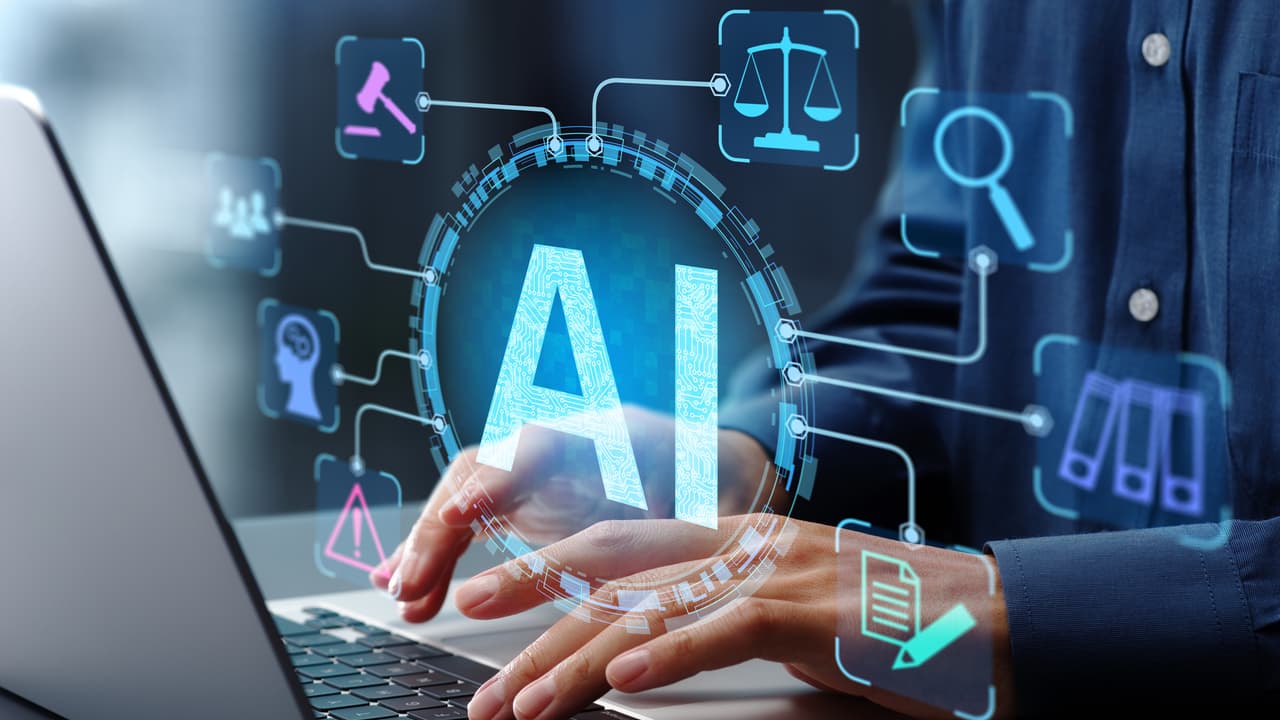A new Charles Darwin University study warns AI’s lack of transparency threatens privacy, autonomy, and dignity. Dr. Maria Randazzo highlights the “black box problem” and calls for global, human-centered regulation to prevent rights violations.
Artificial intelligence may be transforming the way we live and work, but experts warn its rapid rise is coming at a dangerous cost: human dignity.
The Black Box Problem
One of the greatest challenges, according to Dr. Randazzo, is AI’s lack of transparency. Many machine learning and deep learning systems operate as “black boxes,” producing decisions that even their creators cannot fully explain.
This makes it nearly impossible for ordinary people to trace, understand, or challenge harmful outcomes—whether it’s an algorithm deciding who gets a loan, who’s targeted by police, or whose creative work is exploited without credit.
“AI isn’t intelligent in any human sense,” Dr. Randazzo explains. “It doesn’t think, reason, or feel. It simply recognizes patterns. There’s no memory, empathy, or wisdom behind its outputs—just data processing at scale.”
Competing Global Approaches
Currently, the world’s digital powers are charting different paths in regulating AI:
- United States – market-driven and innovation-first
- China – state-centric, emphasizing control
- European Union – human-centric, prioritizing rights and dignity
Dr. Randazzo argues that the EU’s model is the most promising, but warns that without a global commitment to protecting human dignity, even this approach will fall short.
Humanity at Risk of Being Reduced to Data
At the heart of her warning is a fear that AI, left unchecked, could strip away what makes us human. “If we don’t anchor AI development to empathy, compassion, and our uniquely human ability to choose and care,” she says, “we risk reducing people to data points, rather than using technology to genuinely improve lives.”
Her paper, Human dignity in the age of Artificial Intelligence: an overview of legal issues and regulatory regimes, was published in the Australian Journal of Human Rights. It is the first in a planned three-part series examining the legal and ethical dilemmas AI poses for humanity.
